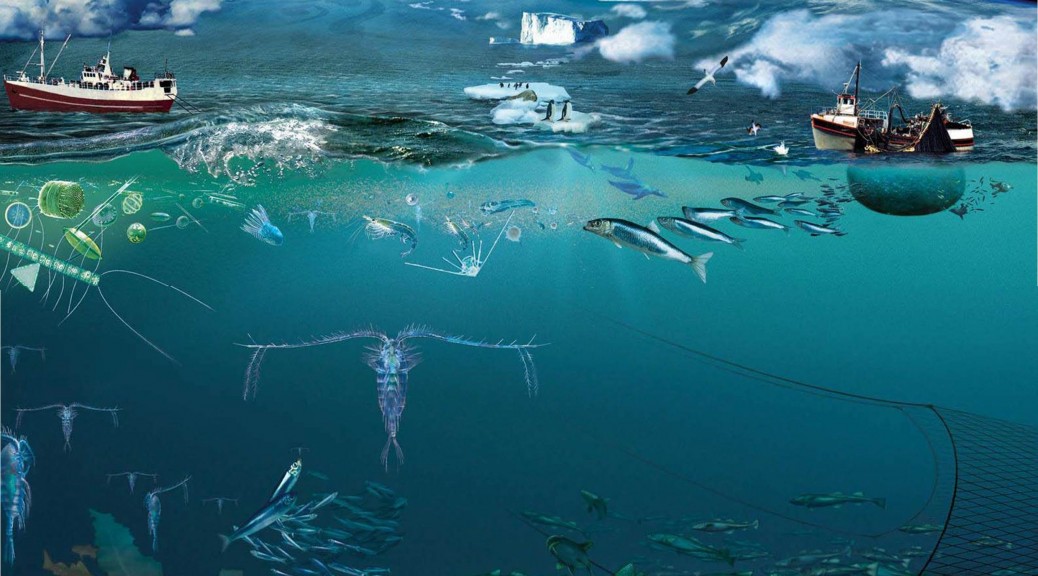ISOtopes of ZOOplankton to measure climate and human impacts on pelagic food webs

Project ISOZOO is designed to contribute to our understanding of how marine zooplankton is impacted by climate change and other human impacts, and the consequences for the food webs that they support.
Zooplankton comprise a vast array or organisms that reside free-drifting in the ocean. They span a 5 order of magnitude size range, from microzooplankton (0.002mm) to macrozooplankton (20mm), and include representatives of almost every existing phylum of animals. In all pelagic food-webs zooplankton are the critical link between phytoplankton, the microscopic plants at the food web base, and higher level consumers, including fish, whales and birds.
Changing zooplankton composition, production and abundance in the world’s oceans due to factors such as rising temperatures, storm activity, sea ice decline, and pollution have significant implications for the productivity of food webs as a whole, and the continued provision of ecosystem services (e.g., food security). Improved knowledge of how the zooplankton part of the food-web functions, and what drives its response to change, is central to understanding the ecosystem impacts of changing ocean conditions.
Facilitated by funding from the European Union 7th Framework Programme, project ISOZOO uses an approach that firstly simplifies the complexity of the planktonic food web into size based categories, and then applies stable isotope tracers to identify food web pathways and how efficiently they channel biomass or energy through the food web. By sampling across a wide range of ocean conditions project ISOZOO aims to inform our understanding of both current day regional food web structure and its future response to change.